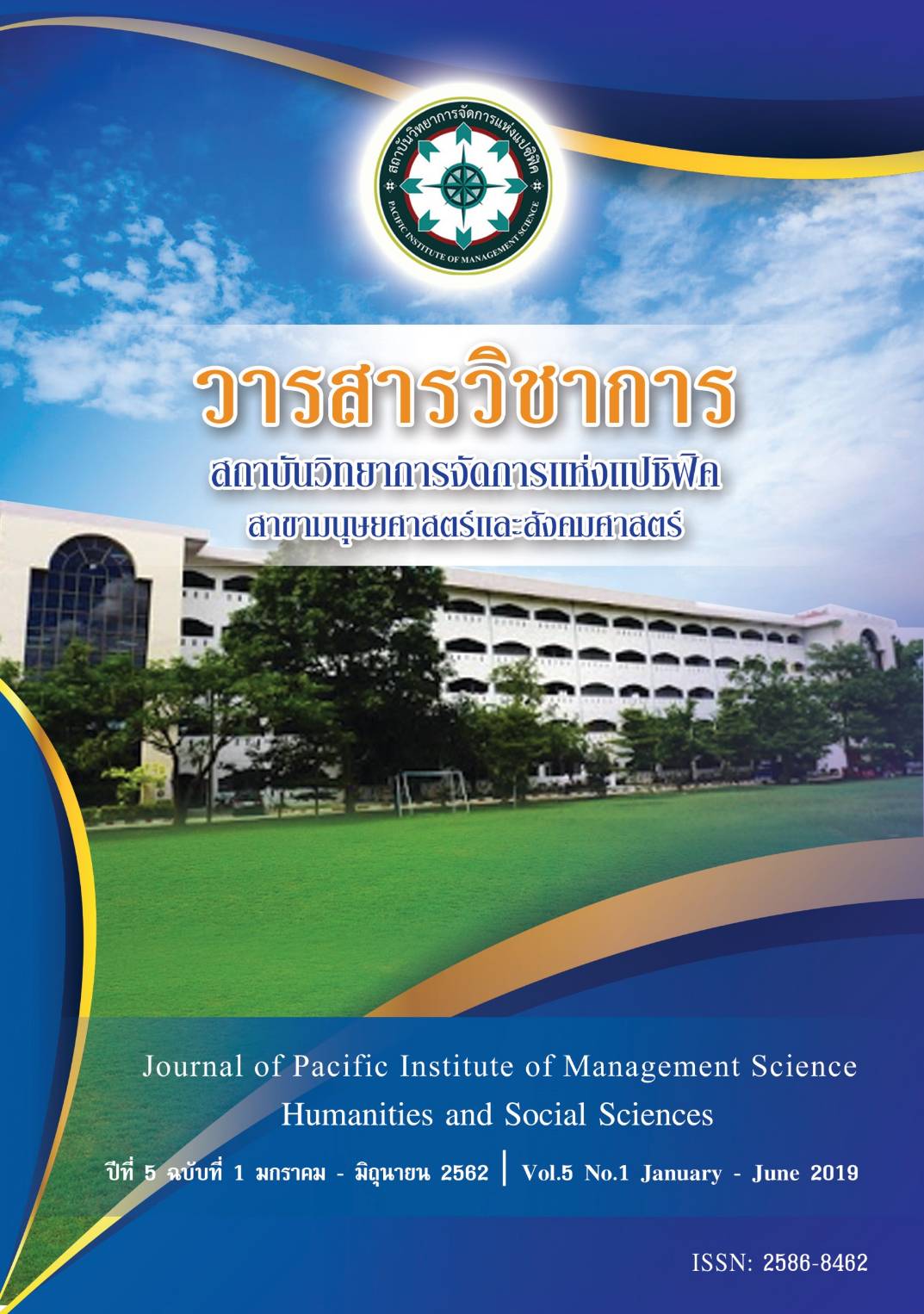Legal Issues Relating to Legal Proceeding for Claiming Compensation Regarding Joint Action of Monopolistic Competition or Restrict or Reduce Market Competition
Keywords:
claiming compensation, monopolistic competition or restrict or reduce market, Trade competition, ActAbstract
Trade Competition Law was established with the intention of supporting the market mechanism to have independent businesses and prevent any trade monopoly. The competition between operators is based on the offering of quality products and services to consumers. If the independent competition is based on the market mechanism, it is fair to both operators and consumers who purchase the goods or services. In Thailand, the first commercial competition law was introduced in 1937, but it was not effective in enforcing it fully since the competition law of Thailand did not focus on the enforcement of competition law in the private sector, but it focused on law enforcement within state organizations. According to the study of the Competition Act, 2017, the author has an opinion that the government should have the authority to set the subject of the offender's conduct without the need for a complaint from the victim, as well as having the power to investigate and decide whether there is a violation of the provisions. When the decision is made, those who have suffered damage will be entitled to legal action against the perpetrators of the breach. The law provides that private law could be enforced, and it is prescribed in the Trade Competition Act, 2017 in Section 69. It provides that persons who have been damaged by the determination of the purchase price or sale price of goods or services, monopolize or reduce the competition or restrict the competition, he has the right to sue for damages from entrepreneurs who violated the provisions. If the decision is considered and approved by the state organization, the victim is not required to prove the defendant's fault again.
From the studies, it has been found that the prosecution for damages in private commercial competition does not cover the damages that the victim should receive from the entrepreneur who violates the Act. The consideration which applied Section 420 of the Civil and Commercial Code cannot remedy the damage which has occurred, so the punitive determination will make the prosecution of the damaged consumer business more effective and more reimbursable. It is a deterrent and prevents the offender committing another crime, and it creates fear of the law, and the victim is involved in using the law. This would make the entrepreneur who thought of violating the law fear the law by using the principle of punitive damages for determining the damages in competition cases.
The author suggests having the provision for punitive damages in the Competition Act to be enforced on private companies. It also restrains and prevents actions against the law.Moreover; the competency of the Competition Commission should be determined to have the power to conduct a deliberate offense. If the Competition Commission finds that entrepreneurs in the market are violating this Act, they do not have to wait for the complainants to come to the Office of Competition Commission first.
References
พระราชบัญญัติการแข่งขันทางการค้า พ.ศ. 2560
ประกาศคณะกรรมการการแข่งขันทางการค้า เรื่อง หลักเกณฑ์การเป็นผู้ประกอบธุรกิจซึ่งมีอำนาจเหนือตลาด พ.ศ. 2550
ศักดา ธนิตกุล. (2551). คำอธิบายและกรณีศึกษาพระราชบัญญัติการแข่งขันทางการค้า พ.ศ. 2542. กรุงเทพฯ: วิญญูชน.
ศักดา ธนิตกุล. (2553). คำอธิบายและกรณีศึกษาพระราชบัญญัติการแข่งขันทางการค้า พ.ศ.2542. กรุงเทพฯ: วิญญูชน.
จิตรา เพียรล้ำเลิศ. (ม.ป.ป.). เอกสารประกอบการสอน หน่วยที่ 8 ค่าสินไหมทดแทนเพื่อละเมิด. มหาวิทยาลัยสุโขทัยธรรมาธิราช. กรุงเทพฯ
ภูชิต โมกขมรรคกุล. (2543). กฎหมายการแข่งขันทางการค้าในประเทศไทย. รายงานการวิจัย. กรุงเทพฯ: มหาวิทยาลัยธุรกิจบัณฑิตย์.
สุธีร์ ศุภนิตย์. (2549). หลักการและกฎเกณฑ์แห่งพระราชบัญญัติแข่งขันทางการค้า พ.ศ. 2542 (Principle and Rules of the Competition Act of 1999). ที่ระลึกงานพระราชทานเพลิงศพ สุธีร์ ศุภนิตย์ ม.ว.ม. ป.ช. ณ เมรุวัดโสมนัสวิหาร. กรุงเทพฯ: โรงพิมพ์แห่งมหาวิทยาลัยธรรมศาสตร์.
Downloads
Published
Issue
Section
License
บทความที่ได้รับการตีพิมพ์เป็นลิขสิทธิ์ของ สถาบันวิทยาการจัดการแห่งแปซิฟิค
ข้อความที่ปรากฏในบทความแต่ละเรื่องในวารสารวิชาการเล่มนี้เป็นความคิดเห็นส่วนตัวของผู้เขียนแต่ละท่านไม่เกี่ยวข้องกับสถาบันวิทยาการจัดการแห่งแปซิฟิค และคณาจารย์ท่านอื่นๆในสถาบันฯ แต่อย่างใด ความรับผิดชอบองค์ประกอบทั้งหมดของบทความแต่ละเรื่องเป็นของผู้เขียนแต่ละท่าน หากมีความผิดพลาดใดๆ ผู้เขียนแต่ละท่านจะรับผิดชอบบทความของตนเองแต่ผู้เดียว







